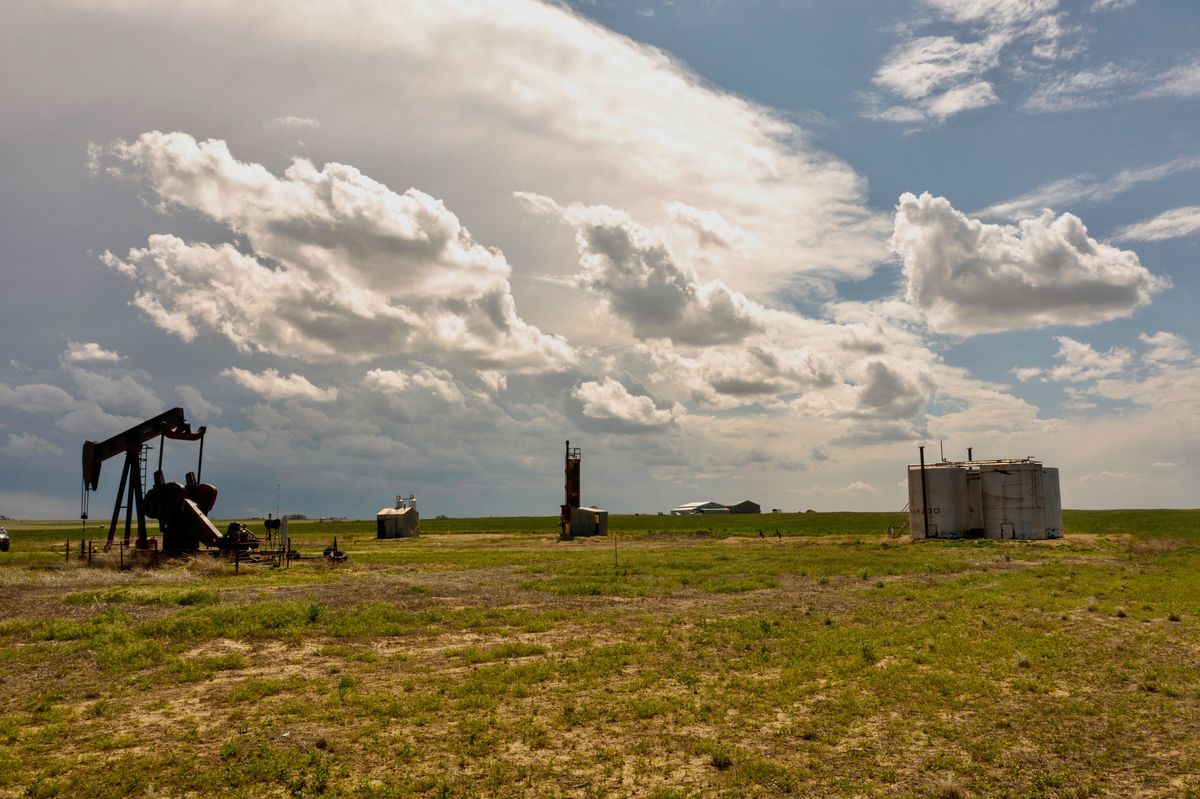Restoring Abandoned Wells: A Partnership for a Greener Colorado

Did you know that in the state of Colorado there are over 1,800 abandoned oil and gas wells? These neglected wells are leaking harmful emissions, such as methane, polluting our air, compromising groundwater quality, and exacerbating climate change. It's a massive problem, that has mostly been ignored – but shutting them down properly and restoring the land they sit on back to nature can dial back the clock on climate change.
Last week, Senator John Hickenlooper took a hands-on tour of an abandoned well site in Adams County, gaining firsthand insight into the innovative methods and technologies that can be used to permanently close these wells. With a platform that advocates for orphan and abandoned well clean-up, not just in Colorado but nationwide, Hickenlooper was joined by the team here at CarbonPath, Civitas Resources, Colorado’s first carbon neutral oil and gas producer; and Greenfield Environmental Solutions, a company focused on decommissioning energy sites and reclaiming the related land.
Together we have formed a unique public-private partnership that seeks to create the blueprint for properly shutting down the hundreds of thousand orphaned and abandoned wells across the United States, and beyond. To date, we are working together on nearly four dozen sites in northeastern Colorado that are high on the state’s clean up priority list.
Joining hands with CarbonPath is Civitas Resources, Colorado's first carbon-neutral oil and gas producer. They are committed to sustainable operations, considering the environment, their employees, and the communities they serve. Civitas Resources has pledged to plug 42 orphaned wells in collaboration with the state, emphasizing their commitment to improving air quality and safeguarding communities.
As a leading energy site decommissioning company, Greenfield Environmental Solutions, specialize in methane quantification, well plugging, and land reclamation. Greenfield's CEO, Michael Rigg, expressed excitement about being part of this restorative work. Their focus on proper well plugging ensures that methane emissions are effectively mitigated, contributing to a cleaner environment.
The impact of restoring well sites to nature and stopping greenhouse gas emissions at the source has implications that go beyond the environment. Lorena Gonzalez, Communities & Justice Manager at Conservation Colorado, who was present at Hickenlooper’s visit, notes that
When wells are left unattended, it is the nearby low-income communities of color in Colorado that suffer the most severe health consequences. It is imperative that we prioritize environmental justice in our clean-up efforts. This means holding the industry accountable to their obligations, ensuring effective communication and risk mitigation by the government, and ensuring that the newly created jobs benefit Black and Brown communities that have historically been deprived of livable wages.
Each year abandoned and low-producing oil and gas wells emit 2 billion metric tons of greenhouse gasses, which is equivalent to filling 482 million trucks with PET plastic bottles. The power is in our hands to prevent these emissions from entering the atmosphere and polluting air, water and ultimately - our communities, and we're choosing to act now.
